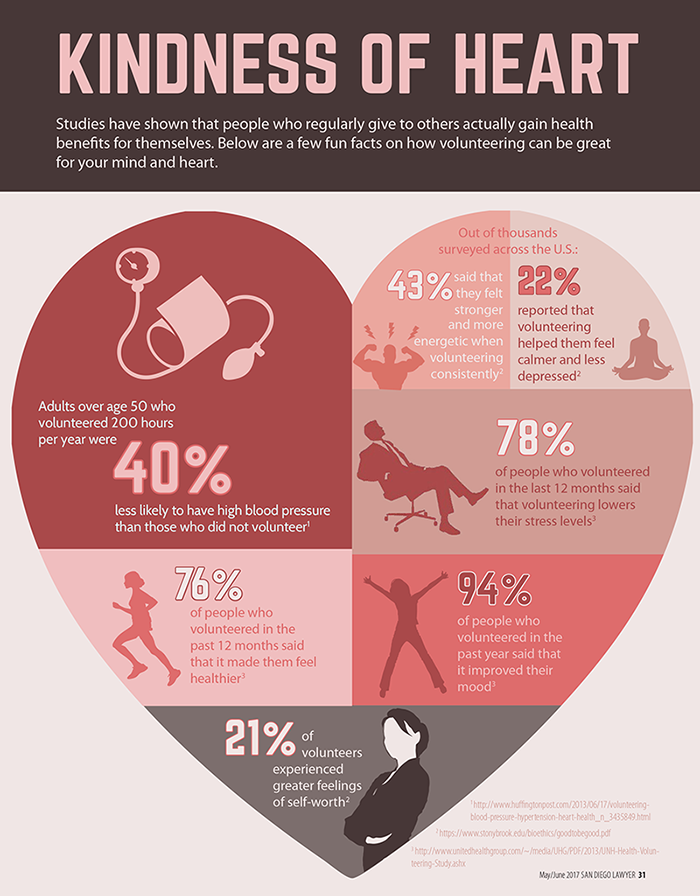By Karine Wenger
It is that time of the year again. U.S. Citizenship and Immigration Services (USCIS) begins accepting petitions for new H-1B “CAP” visas during the first week of April 2018. Each year there is a cap on the maximum number of H-1B visas that will be issued — a 65,000 base cap, plus an additional 20,000 for beneficiaries who hold a U.S. master’s degree or higher. In recent years, the number of new H-1B petitions filed has greatly exceeded the number of available H-1B visas, which has resulted in the USCIS implementing a “lottery,” with only those randomly selected employer petitions being processed. In 2017, USCIS reported to have received over 199,000 H-1B petitions — more three times the number of H-1B visas available. Those fortunate enough to be selected in the lottery would begin employment in H1B on October 1, 2018. Read More









